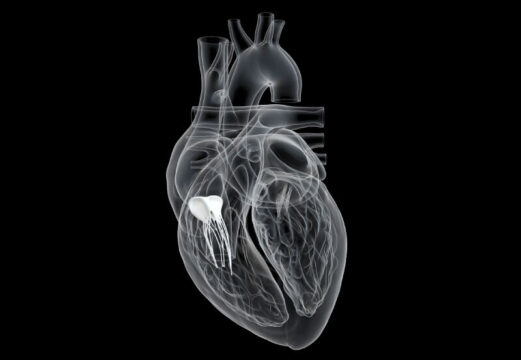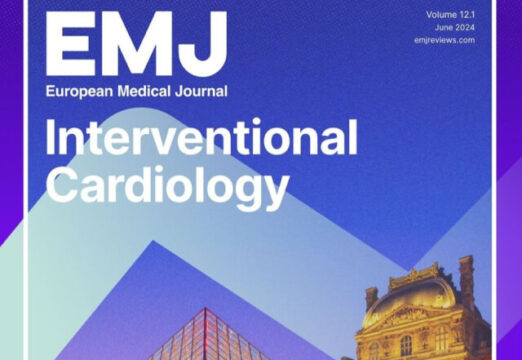Empagliflozin is the second drug from the SGLT2 receptor inhibitor family to show a significant benefit in patients with heart failure, even in those without diabetes.

Adding empagliflozin to optimal medical therapy lowers the risk of cardiovascular events in patients with heart failure and reduced ejection fraction. Such events include heart failure hospitalization, worsening kidney failure—even mortality.
Originally approved for glucose control, this sodium–glucose cotransporter 2 (SGLT2) inhibitor lowers event rates even in non-diabetic patients.
The EMPEROR study, presented virtually at the European Society of Cardiology 2020 Congress (ESC 2020) and published simultaneously in the New England Journal of Medicine (NEJM), studied empagliflozin, making it the second randomized trial showing benefits from this drug family. In November 2019, during the American Heart Association (AHA) congress, the DAPA-HF study kickstarted this line of research using dapagliflozin.
Read also: ESC 2020 | New Drug Improves Functional Capacity in Hypertrophic Cardiomyopathy.
EMPEROR included patients with a mean ejection fraction of 27.7% and nearly three-quarters of patients had an ejection fraction of less than 30%. Additionally, the vast majority (roughly 80%) of patients had NT-proBNP levels 1000 pg/mL or higher.
In the study, 3730 patients with heart failure were randomized to treatment with empagliflozin or placebo. Both study groups received optimal medical treatment with inhibitors of the renin-angiotensin system, inhibitors of the neprilysin receptors, beta-blockers, mineralocorticoid receptor antagonists, and cardiac devices, eventually. The trial included a similar number of patients with and without diabetes.
The primary endpoint—a composite of cardiovascular death or hospitalization for worsening heart failure—occurred in 19.4% of patients treated with empagliflozin and 24.7% of those who received placebo (hazard ratio [HR]: 0.75; 95% confidence interval [CI]: 0.65-0.86) over a 16-month follow-up. Additionally, empagliflozin reduced the composite renal endpoint by 50%.
Original Title: Cardiovascular and renal outcomes with empagliflozin in heart failure.
Reference: Packer M et al. N Engl J Med. 2020; Epub ahead of print y presentado en forma virtual en el ESC 2020.
Get the latest scientific articles on interventional cardiologySubscribe to our weekly newsletter
We are interested in your opinion. Please, leave your comments, thoughts, questions, etc., below. They will be most welcome.





